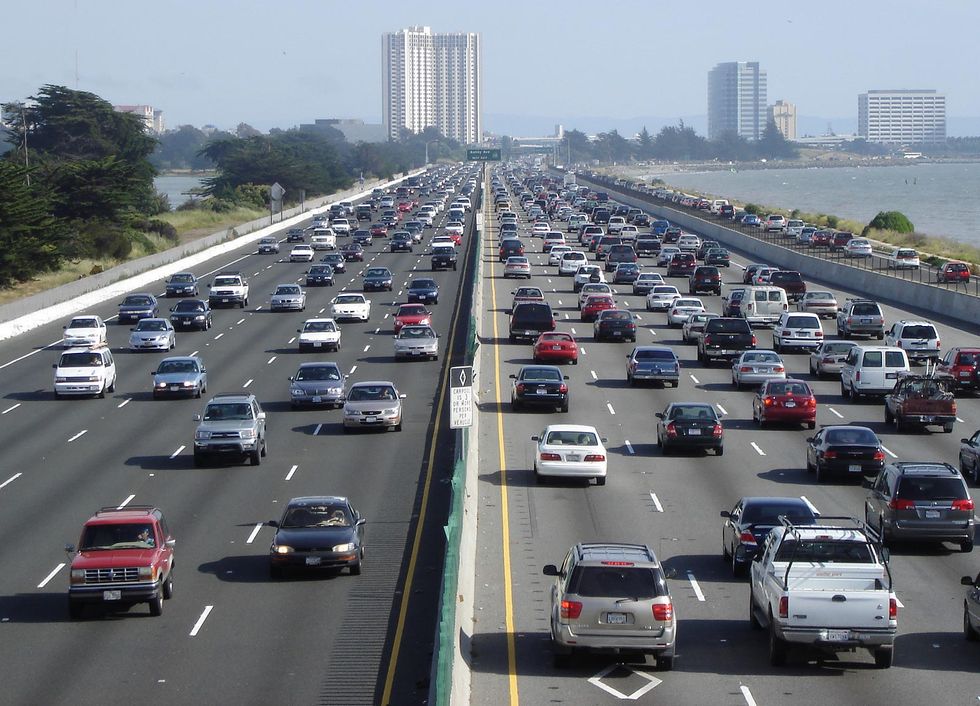Recently, a friend of mine was driving home from dinner with his friends, when along the way, a notification popped up on his phone. Despite being the one behind the wheel, he looked down his phone for one second, and the next second the car was totaled and everyone in the car died on impact. That split second mistake cost so many lives and scarred the lives of the families and friends left behind. This begs the question, what text or notification is so important that you put the lives of others and yourself at risk?
Texting and driving is more than a concern, it is a major problem worldwide which takes lives on the daily. What many humans think is that they can easily multi-task and accomplish both tasks at once and the same probably went for my friend who made the decision and it back-fired on him instantly. The truth is, no one can multi-task efficiently enough to text and drive safely.
Selective attention is a psychological term and study which is based on the conscious mind's ability to block out factors other than what you are concentrated on, which explains why you are able to pay attention to minute details in a conversation while surrounded by hundreds of people. Our brains also have the ability to block out day to day things like your nose (which is originally in your line of sight) and also subconsciously processes your breathing without your conscious realizing. The brain is such a powerful tool for acts like this, but it also has flaws when it comes to multi-tasking abilities, especially texting and driving.
Texting and driving is a multi-step process which is proven to not work. One second your attention is on a device and the next second, your focus shifts to the road. Studies have shown that people who text and drive or talk on the phone while driving have brain activity stimulated in regions other than what is used for driving. When a text pops up, the body has a rise in dopamine which probably brings out the "check it, check it" response. During driving, the pre-frontal cortex is also offline as it has a hand in impulse control, but this clearly has no effect to drivers with a phone in hand. This shows that our brains developed a sort of involuntary relationship with phones as we check them before even thinking about checking them. The slow process of developing this state of mind is potentially dangerous and can cause accidents.
Ask yourself this — is a text in the moment from your loved one more important than seeing them for a longer time? Texting and driving has devastated people across the globe and even research shows that our brains aren't fully capable of perfecting this act. Spare the sorrow, and live your life to its potential. Don't text and drive.

















